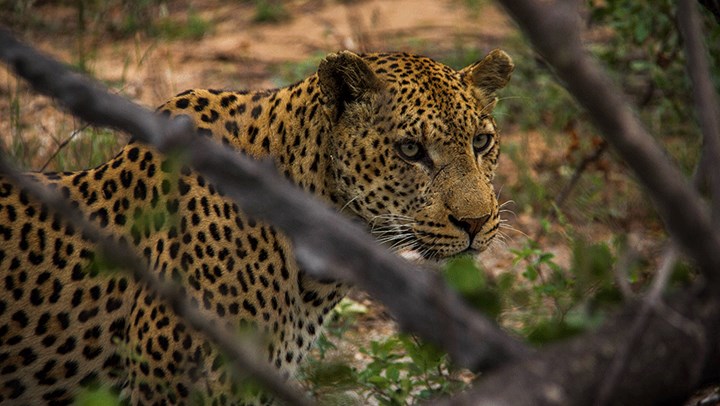
by Ron Thomson, President, True Green Alliance - Friday, July 22, 2016

Another great truism is that, when possible, fight your battles on another’s soil because you can then win without damaging your own national assets. Unfortunately, the battle is as strong in America as it is in South Africa as we face the common enemy. In preparing, we must ask ourselves: What do we know about the enemy—the animal rights brigade—and do we know enough about them to confront them in battle?
So in the absence of any other income source, the KWS complies. Wildlife, therefore, has no intrinsic value to Kenya’s indigenous people who now look upon it as competition for their domestic livestock and crops, both of which do hold great value to the local people. Because there is no legitimate income from the harvesting of wild animals, people are prepared to kill every animal they find to reduce competition for limited grazing; to reduce crop-raiding by wild animals; to eliminate stock-killing predators; and/or to obviate the transmission of disease from wild animals to domestic stock.
The animal rightists don’t make much money in Kenya or anywhere else in Africa but they are quite content to maintain this status quo because they can make money by continuing to mislead their gullible publics at home. Back in the United States and in Europe, NGO headquarters accrue vast sums of money by telling their unknowledgeable urban followers they have stopped all hunting in the African countries where they operate. They say they are saving countless wild animals’ lives and are maintaining pressure on African governments to prohibit harvesting wild animals for meat. They make millions of dollars each year merely by preying on sensitive donors in the First World who believe the NGOs are “doing a sterling job in Africa.”
How Africa's Scenario Impacts American Hunters
So does any of this information matter to the average American hunter—especially if he or she will never visit Africa to hunt? Yes, it does because the animal rights movement is an international movement. Examining the status of anti-hunting extremism in Africa can give American hunters yet another—even if just a minuscule—insight into the psyche of their animal rightist enemies and their modus operandi. It allows them to “better know thine enemy.”
Of course, the NRA, its 5 million-plus members and other hunters and shooters and like-minded hunting and conservation groups across America have addressed animal rights issues since at least the early 1980s. What in many places began as a series of ballot measures regarding trapping quickly led to targeting various hunting methods and/or the given species hunted through ballot initiatives and by pressuring state legislatures and Congress. While I believe many U.S. state wildlife agencies have not yet been infiltrated by the animal rights brigade’s philosophy, states such as California are caving rapidly as it becomes an epicenter for animal rights extremism in America.
Did you know the movement has succeeded to the point various law schools in America now offer courses in animal rights laws? For those who are just now opening their eyes to the severity of the well-orchestrated threats to their American hunting heritage, you are about to learn that animal rights extremism may have taken hold in certain areas of your country even before taking root in African nations.
About the Author
As president and founder of South Africa's True Green Alliance, launched in February 2016, award-winning author Ron Thomson is on the front lines fighting animal rights extremists to save hunting’s future. In promoting the wisdom of, and necessity for, the sustainable use of wildlife resources, he is working to create a southern African and ultimately global society that is informed on the principles of scientific wildlife management. Often referred to as a living legend and one of the greatest wildlife, conservation and hunting writers of our time, Thomson has vast African Big-Five hunting experience gained during a colonial period that is long gone. His articles and books continue to draw the respect of hunters and conservationists worldwide. For more information, click here.
E-mail your comments/questions about this site to:
[email protected]
